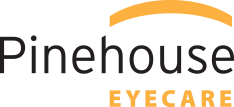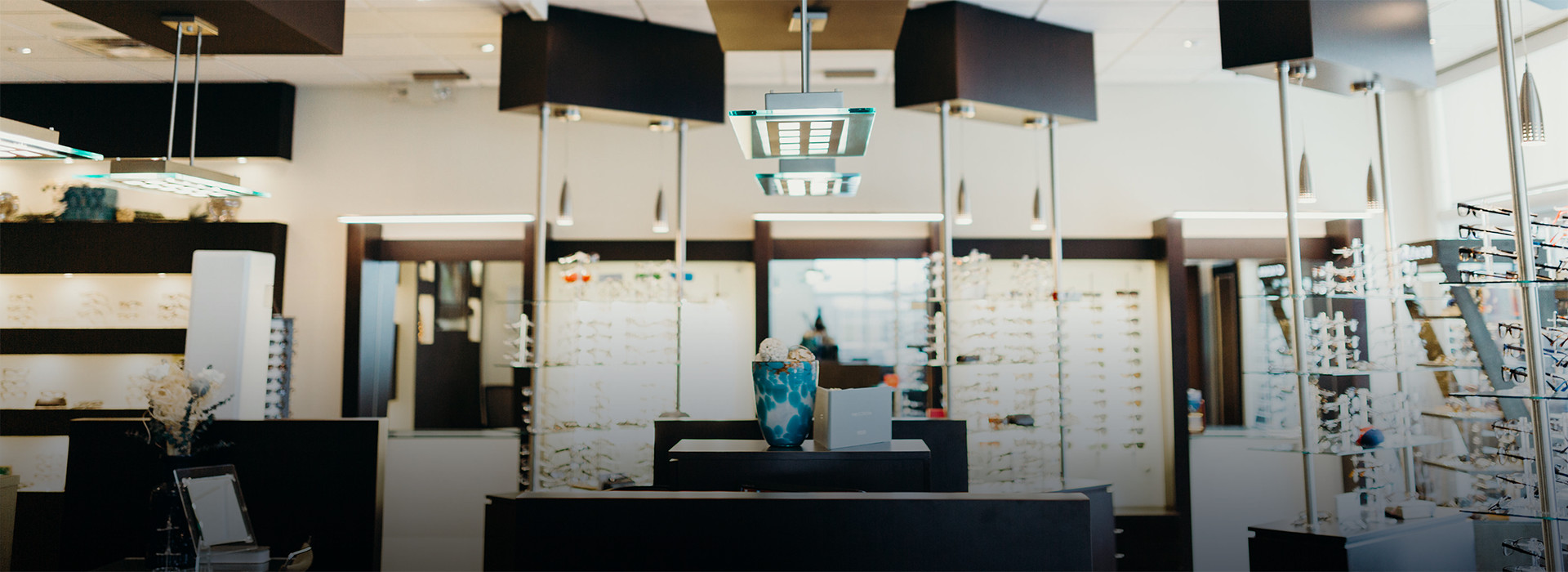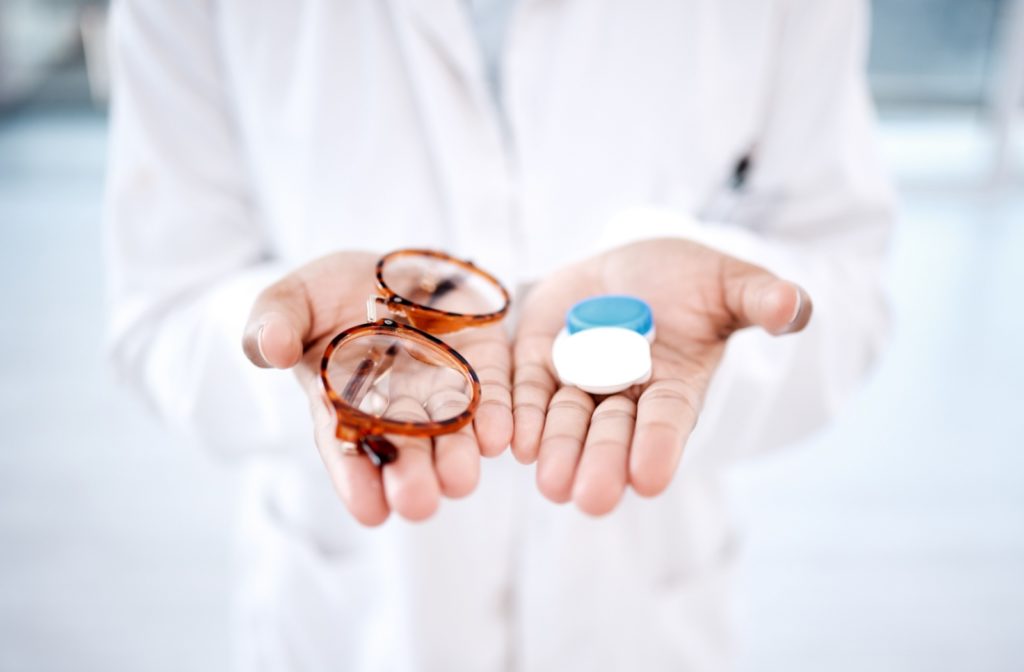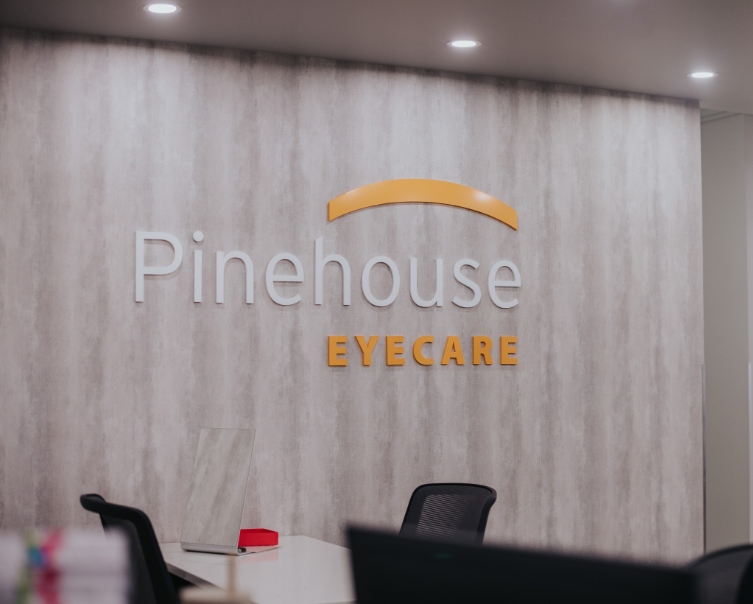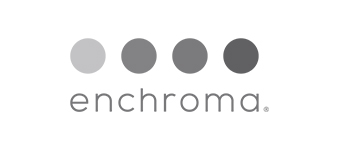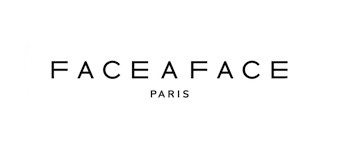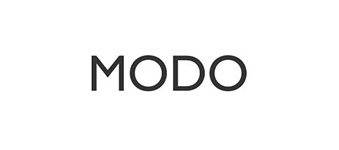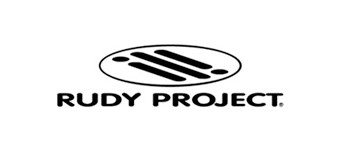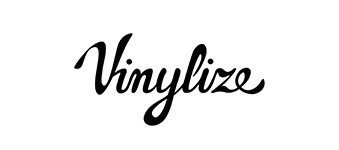If you’ve recently been prescribed glasses and are thinking about switching to contacts, you might wonder, “Can I use my glasses prescription to order contacts?” This question is more common than you think. Glasses sit approximately 12 millimeters from your eyes, and contacts rest directly on your cornea. The difference between where the lenses are affects how the lenses correct your vision and means that the prescriptions must differ.
What is a Glasses Prescription?
Your glasses prescription includes specific measurements that correct your vision, including:
- Sphere (SPH), which indicates the strength of the lens.
- Cylinder (CYL) and Axis, used if you have astigmatism.
- Add for those who need bifocals or progressive lenses.
The primary purpose of a glasses prescription is to correct refractive errors like myopia (nearsightedness), hyperopia (farsightedness), and astigmatism. These measurements are tailored to provide clear vision at a distance and are specific to the lenses used in eyeglasses.
Can You Use Your Glasses Prescription to Order Contacts?
No, you cannot use your glasses prescription to order contacts directly. This is because contact lens prescriptions include additional information that glasses prescriptions do not. A contact lens prescription will include the Base Curve (BC) and Diameter (DIA), which determine the size and fit of the lens on your eye. Additionally, since contacts sit directly on the cornea, the power of the lens may need to be adjusted from what your glasses prescription states to provide the correct vision correction. It’s necessary to visit an eye care professional for a contact lens fitting to ensure you get the right prescription for your contacts, which will provide you with the comfort and clarity you need.
What are the Differences Between Glasses & Contacts Prescriptions?
When comparing glasses and contact lens prescriptions, it’s clear that each serves a distinct purpose, tailored to the specific requirements of the lenses and their position relative to the eyes. Here are some key differences:
Fitting Process
The fitting process for glasses is relatively straightforward, focusing on choosing frames that suit your face and lenses that match your prescription. Fitting contact lenses requires a more involved process. An eye care professional will measure the curvature of your eye and determine the best lens size, material, and brand for you.
Personal Comfort & Lifestyle
Many people prefer contacts for their aesthetic and practical benefits, such as the ability to engage in sports without worrying about frames, or the desire for a more natural vision correction without altering their appearance. Glasses, however, offer less maintenance and can be a stylish accessory. The choice between the two often comes down to personal preference and lifestyle needs.
Eye Health Considerations
Contact lenses require a higher level of hygiene and care. Unlike glasses, which you can clean with a cloth, contacts need specific cleaning solutions and storage cases. Additionally, contact lenses can cause dry eyes, infections, and other eye health issues if not used correctly. Follow your eye care professional’s instructions for wearing and caring for your contacts to avoid potential complications.
Do You Need to See an Eye Doctor to Try Contacts?
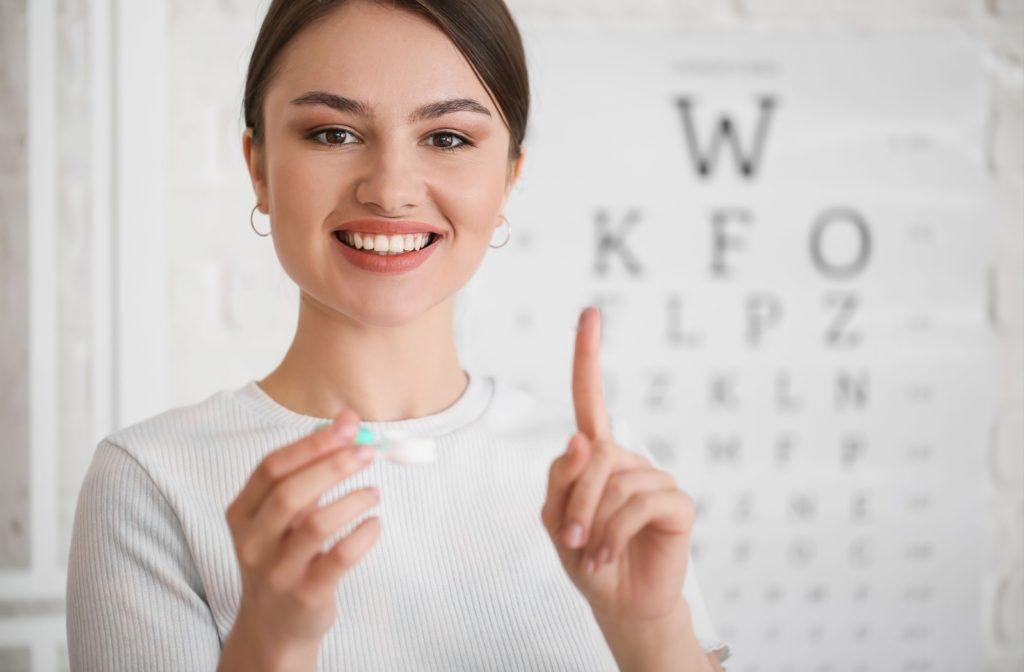
Yes, you would need to consult an eye doctor to be fitted for contact lenses. It is generally a simple process but can involve more than one appointment to ensure you’re comfortable.
- Comprehensive eye examination. An eye doctor will conduct a comprehensive eye exam to assess your overall eye health and determine if you’re a suitable candidate for contacts.
- Personalized fitting. Eye doctors provide personalized fitting sessions to ensure the contacts are comfortable and effective. They measure your eyes’ curvature and diameter to find the ideal lenses.
- Learn proper care techniques. Your eye doctor will teach you how to insert, remove, and care for your contacts. Proper hygiene is essential to prevent infections and maintain eye health.
- Ongoing care & support. Regular check-ups with your eye doctor help maintain optimal eye health and monitor any changes in your vision or eye condition.
Common Myths About Contact Lenses
There are still myths about contact lenses:
Myth 1: Contacts are Uncomfortable
Modern contacts are designed for comfort and can even be worn by those with sensitive eyes.
Myth 2: Contacts are Hard to Maintain
Maintaining contact lenses is straightforward with proper guidance from your eye doctor.
Myth 3: Anyone Can Wear Any Contacts
Contact lenses are not one-size-fits-all, they need to be fitted to your eye, and not everyone is a good candidate for them.
Benefits of Wearing Contact Lenses
Switching to contact lenses can provide several advantages:
- Enhanced peripheral vision: Contacts sit directly on your eye, providing a full field of unobstructed vision.
- Convenience for active lifestyles: Great for sports and physical activities without worrying about glasses slipping or fogging up.
- Aesthetic appeal: Enjoy clear vision without changing your appearance or dealing with the look of eyeglass frames.
- No frame obstructions: No more concerns about frames affecting your look or getting in the way.
- Weather resistance: Contacts don’t fog up or collect rain, making them ideal for various weather conditions.
- Corrective options: Multifocal and Toric lenses can address complex vision issues like presbyopia and astigmatism.
- Specialized lenses: Options like daily disposables can reduce the risk of infections and maintenance burdens.
Looking to Get Started? Come Visit Us
The decision to switch from glasses to contact lenses is a personal journey. Modern advancements in contact lens technology have made them more comfortable and convenient than ever before. Ready to make the switch? We are here to help. At Pinehouse Eyecare our experienced eye care professionals are committed to providing you with a comprehensive eye exam and personalized contact lens fitting. We invite you to contact us today or book an appointment and find out if you could benefit from contact lenses.
